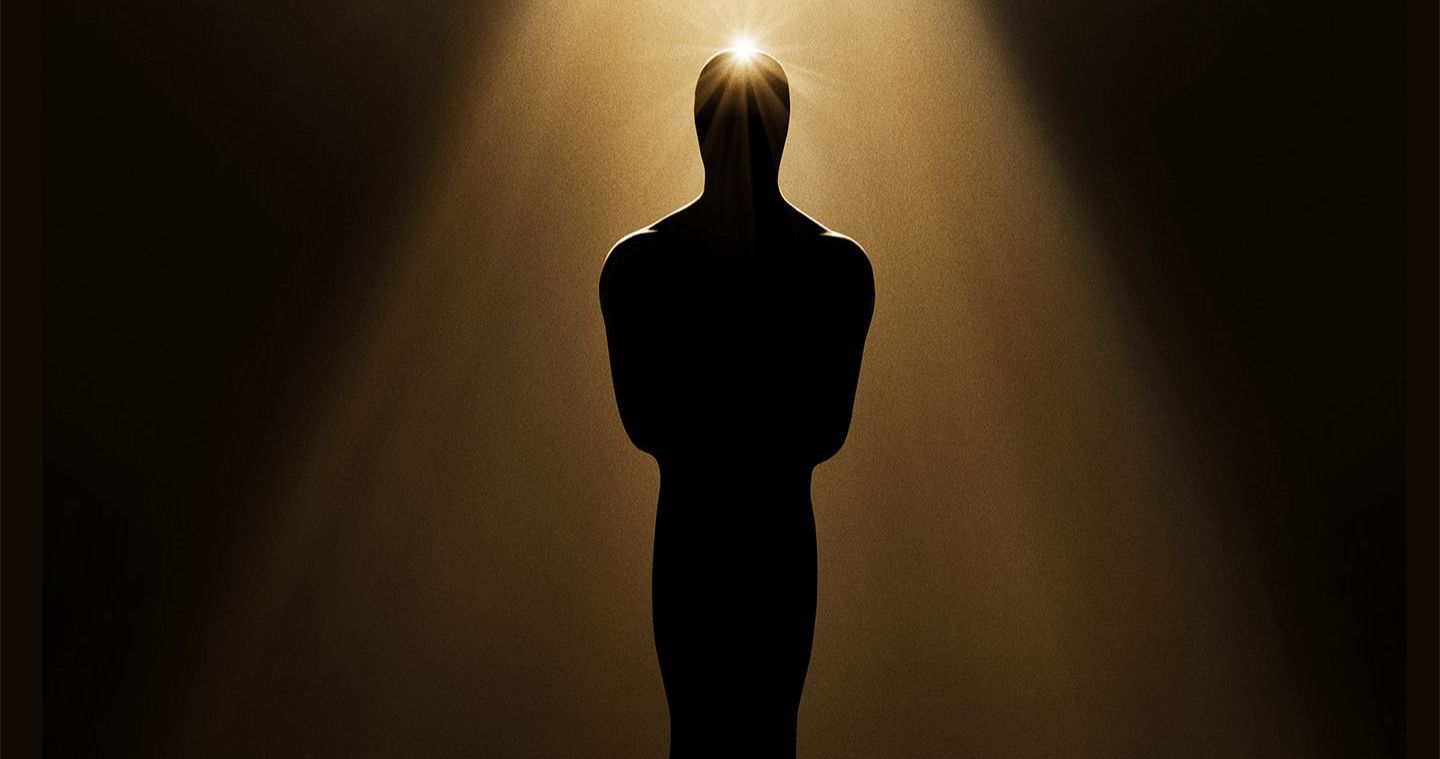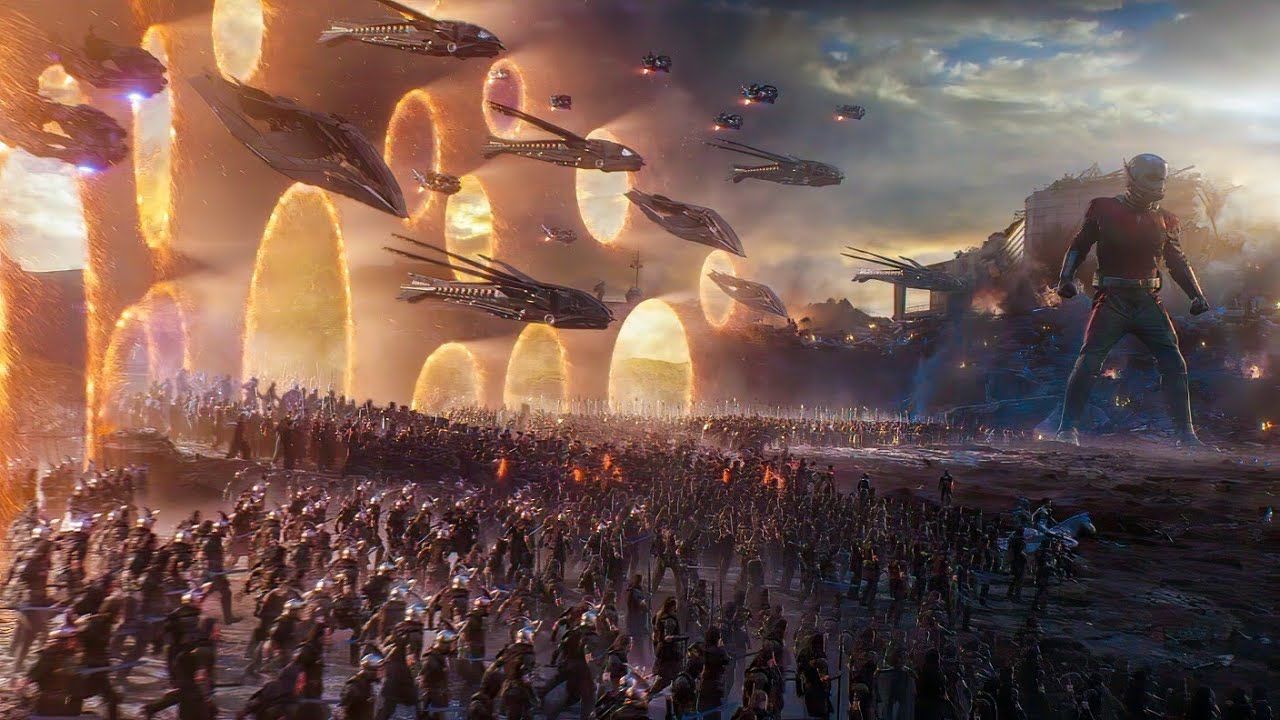It’s almost that time of year for the Academy Awards! The biggest stars in the world will gather on the most prestigious stage to receive the eight and a half pound golden trophy. On that stage, audiences everywhere find out which film is crowned the Best Picture winner, but it’s not just a trophy, right? It’s a symbol of honor and a place in film history that will last forever; people still discuss Best Picture winners from 90 years ago. The award makes those who work in front of and behind the camera stand out as the best of the best. But… who is making these decisions? Who is actually sitting there deciding whose name goes on the card that's read to millions of people? Certainly not the audience members who pay to see these movies every year.
Where's the disconnect?
If a surveyor asked an everyday audience member what they think the best picture of the year is, their answer will most likely be different from the members of 'The Academy.' Critics and audience goers are on two different planets when it comes to the term 'best.' However, there is no right or wrong answer-- like all art, the beauty of film is its ability to be subjective; what one might see as 'the best' might not even be close to what the other perceives. However, those everyday conversations pass under the radar and are only important to the people who are talking. On the other hand, if that conversation is broadcasted to a worldwide platform, the stakes are raised a ton. Nine films on average are nominated every year, and they are as far removed as they can be from the everyday audience member.
What does greatly influence the everyday audience is crowd appeal and accessibility. However, the Academy has access to nearly every film of the year, so their focus gears more towards prestige and commentary. The interesting part is that neither factor will sway the popular vote in any way. Ask a family of five on a night out what they thought the most prestigious social commentary of the year was. Their answers won’t surprise you. On the other hand, try to get anyone from the Academy to regularly acknowledge some of the year's highest-grossing movies for anything other than visual effects, and it's like pulling teeth. With all that said, it just goes to show how impactful films like Joker and Black Panther were to be nominated for Best Picture.
What do the numbers say?
Understanding the numbers will better help put this into perspective. In 2019, the biggest motion picture was the Russo brother's film Avengers: Endgame. Undoubtedly one of the largest films ever made, the picture pulled in a massive $2.7 billion return worldwide, and was the finale of the Infinity Saga that spanned over a decade. This film garnered one Academy Award nomination, that being visual effects. While the visual effects in this massive film were groundbreaking and outstanding (especially during its incredible action sequences), it was no match for the war drama 1917, which utilized its impressive special effects to gross $390 million at the box office.
The winner of the 2019 Best Picture Oscar was Parasite, which garnered a box office total that was less than Avengers: Endgame’s budget (which is saying something, considering Parasite was even the highest-grossing international film in UK history). This is by no means an attack on Parasite, it is merely a statement of fact that most big budget blockbusters are not taken seriously or even acknowledged at the Academy Awards. To the disappointment of the audiences who clearly go out to see them in droves, they don’t get praised on the stage unless they make some kind of social impact.
What's the criteria?
Commentary is very important at the Academy Awards. Practically all the Best Picture winners make statements that range from social, racial, or economic. The problem is these films aren’t easily accessible to the everyday audience members. While this may be because of budgeting and distribution, it is no fault of the audience for not even hearing about what Nomadland is. Streaming has given audiences the ability to access films that the Academy nominated, but most everyday audience members aren’t seeing films for cinematography or editing purposes. They’re attracted to stories and faces. Familiarity is what makes people look onto a poster and want to read more about it. If more familiar films were nominated, it would perhaps get more people to tune into the award show in general, which has seen declining viewership for years, with 2021 being the absolute nadir. Nevertheless, as far as these films are from mainstream, the Academy’s criteria is even further so.
The boxes and criterion that the members of the Academy use to determine nominations are complicated, use preferential voting, and are reserved for the elite. As a result of this disconnect, the audience is left to feel like their voices and opinions do not matter in terms of praising films. What seems to be the case for most Best Picture Oscar-winners is the selection of the most prestigious and smartest choice for Academy members alone, and all the political backroom conversations that entails. While it is their show, it does seem rather unfair that films which have a massive impact and connection with audiences around the world do not get recognized at all. It almost makes a statement, as if the films which audiences actually had access to and watched throughout the year do not matter.
Hopes for the 2022 Oscars?
The Academy Awards might benerfit if they recognize films that connect with everyone. Spider-Man: No Way Home, for instance, pulled off a seemingly impossible task. This brilliantly executed film had brought together multiple generations of audience members all around the globe despite the difficulties of a pandemic. In a time when the internet is a toxic place for bickering, this film connected us all over a common ground. Nevertheless, the impact in that sense does not matter to those who make nomination decisions. In hopes that this movie will be recognized for more than its astonishing visuals, perhaps the Academy will understand that, culturally speaking, this film made its mark. 2021 was a great year for well-made films being more accessible to the audience. To some, watching The Tragedy of Macbeth might seem more like homework than a night at the movies, even if Joel Coen’s take on the Shakespearean tragedy is a masterpiece to cinephiles. Perhaps the Oscars will recognize entertainment rather than homework or 'importance.'
There seems to be this fine line between audiences and the Oscars that is rarely blurred. What could be changed this year is allowing a more inclusive array of films into the big five (Best Picture, Director, Actress, Actor, Writing). The inclusivity of films that connect with everyone and range from genre to genre will garner a more watchable three hours. Then, the audience for the awards show in general will grow because they’d want to see their favorite film be picked as the winner. Up until now, the films which get nominated are so far removed from the public that there isn’t even a care in the world to turn on the show for most audiences. Obviously, it's integral to always support film regardless of scale, but it's essential to also acknowledge those that leave emotional impacts on the 99%. It certainly won't tarnish the reputation of the Academy if a Best Picture winner is based off of a comic book; it may even increase it.





